Don’t be afraid to talk
Written By SPFL Trust Media Centre
United to Prevent Suicide Launches today. Our CEO Nicky Reid has been a key part of the leadership group that has developed this new Scotland-wide campaign
Key headlines:
- ‘United to Prevent Suicide’ is about creating a social movement for change empowering people to find the confidence to talk about suicide
- National Suicide Prevention Leadership Group sets out a target to further reduce the rate of suicide by 20% by 2022
- YouGov poll commissioned by the NSPLG revealed that nearly a third (31%) of people in Scotland wouldn’t know how to help if someone they knew was having suicidal thoughts
Our chief executive Nicky Reid today welcomed a new national campaign, ‘United to Prevent Suicide’, which launched today (10 September) on Suicide Prevention Day.
Nicky sits on the Scottish Government’s National Suicide Prevention Leadership Group (NSPLG), which was established to help to implement the Scottish Government’s Suicide Prevention Plan (2018) which sets out a target to further reduce the rate of suicide by 20 per cent by 2022.
‘United to Prevent Suicide’ is about creating a social movement for change empowering people to find the confidence to talk about suicide. The campaign – which is one key action in the ten-point Scottish government plan – was informed by thousands of people across Scotland, many with lived experience of mental health issues and suicide.
It comes as a new YouGov poll commissioned by the NSPLG revealed that nearly a third (31%) of people in Scotland wouldn’t know how to help if someone they knew was having suicidal thoughts, and over a third (36%) have never spoken about suicide with anyone.
While people in Scotland are most confident talking to their friends about suicide (51%), over a third of (39%) would not feel confident talking about suicide with their family, and when it comes to the workplace, over half of workers (54%) would not feel confident broaching the subject with colleagues.
With sobering figures revealing that two people die every day by suicide (784 in 2018), at any one time around 1 in 25 people are contemplating suicide and three-quarters of people in Scotland having been affected by suicide in some way, the campaign comes at a time when the impact of the pandemic on mental health remains high on the national agenda.
Nicky explains we have to get beyond the fear of talking about suicide.
“One of the easiest things you can do to prevent suicide is to talk and often people are afraid to approach the subject,” she said.
“They may be worried they will set someone off on that path if they ask whether a person has thought of taking their own life, but the research and evidence shows that’s just not the case.
“We need to change people’s perception about having that conversation and give them the confidence to talk about it without fear.
“Our aim is to create a movement which makes Scotland the most supportive nation in the world, where people can talk about suicide more openly, and that alone could really help.
“One death by suicide is one too many so if we can do anything to prevent that it’s time well spent. We’d like to make sure that no one feels alone and that they know they can talk about how they are feeling.”
Nicky has been a member of NSPLG for over a year and she’s responsible, as a co-sponsor, for raising public awareness of the issues surrounding suicide and helping to create effective training programmes.
Nicky said: “I think we [the SPFL Trust] were brought in to help fill that space because our day to day audience are those who are often more at risk of suicide so we understand that demographic on a wide basis and we have experience of delivering training programmes to people in that demographic.
“In addition, we provide a community focussed view so we might have a conversation about what training needs to look like to be engaging within the health sector, our focus is on how this will look in communities.”
Men in their middle years are in the most vulnerable demographic at risk of suicide, a group that predominantly make up the football audience, so the SPFL Trust is well placed to reach them.
The Changing Room, in partnership with SAMH, and supported by funding from the Movember Foundation has been developed over the last five years, and will now be rolled out to dozens of clubs across Scotland over the coming months.
The SPFL Trust has also successfully trained hundreds of people who work in football as Mental Health First Aiders in partnership Chris Mitchell Foundation.
Nicky added: “We do a lot of work around mental health, including working with the Chris Mitchell Foundation to prevent suicide.
“Over the years I’ve seen a lot of people impacted by mental health struggles and suicide, or the suicide of others who are close to them.
“To be able to help steer Scotland’s response to that over the coming years is appealing because I feel like we’re doing it for all the people we’ve crossed paths with over the years.
“It’s also great to be working with such a wonderful group of people with diverse and specialised experience.
I’m gaining a much deeper understanding of the issues and the complexities surrounding suicide and mental health illness.”
YouGov’s total survey sample size was 1,013 adults. Fieldwork was undertaken from 3-7 September 2020, online. The figures have been weighted and are representative of all Scottish adults (aged 18+).
You can find out more about ‘United to Prevent Suicide’ on their website unitedtopreventsuicide.org.uk
